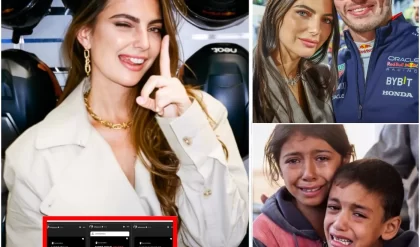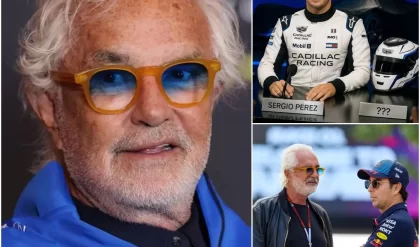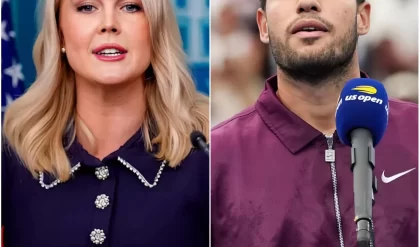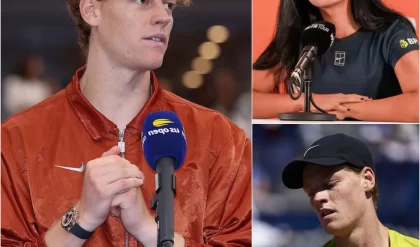Fans of Denis Villeneuve’s Dune franchise received electrifying news this week as Jason Momoa confirmed his return to the sci-fi epic in the upcoming third installment, Dune: Messiah, slated for release on December 18, 2026. The announcement came during an interview on NBC’s Today show on March 31, 2025, where the 45-year-old actor, known for his roles in Aquaman and Game of Thrones, addressed the fate of his character, Duncan Idaho, with a playful yet revealing quip: “I’m making a comeback… If you didn’t read the books, it’s not my fault, right?” The statement sent shockwaves through the fandom, reigniting excitement for the next chapter of the saga, which adapts Frank Herbert’s 1969 novel Dune Messiah. Production is set to begin this summer, with Villeneuve once again at the helm, promising another visually stunning and narratively rich journey to the desert planet of Arrakis.
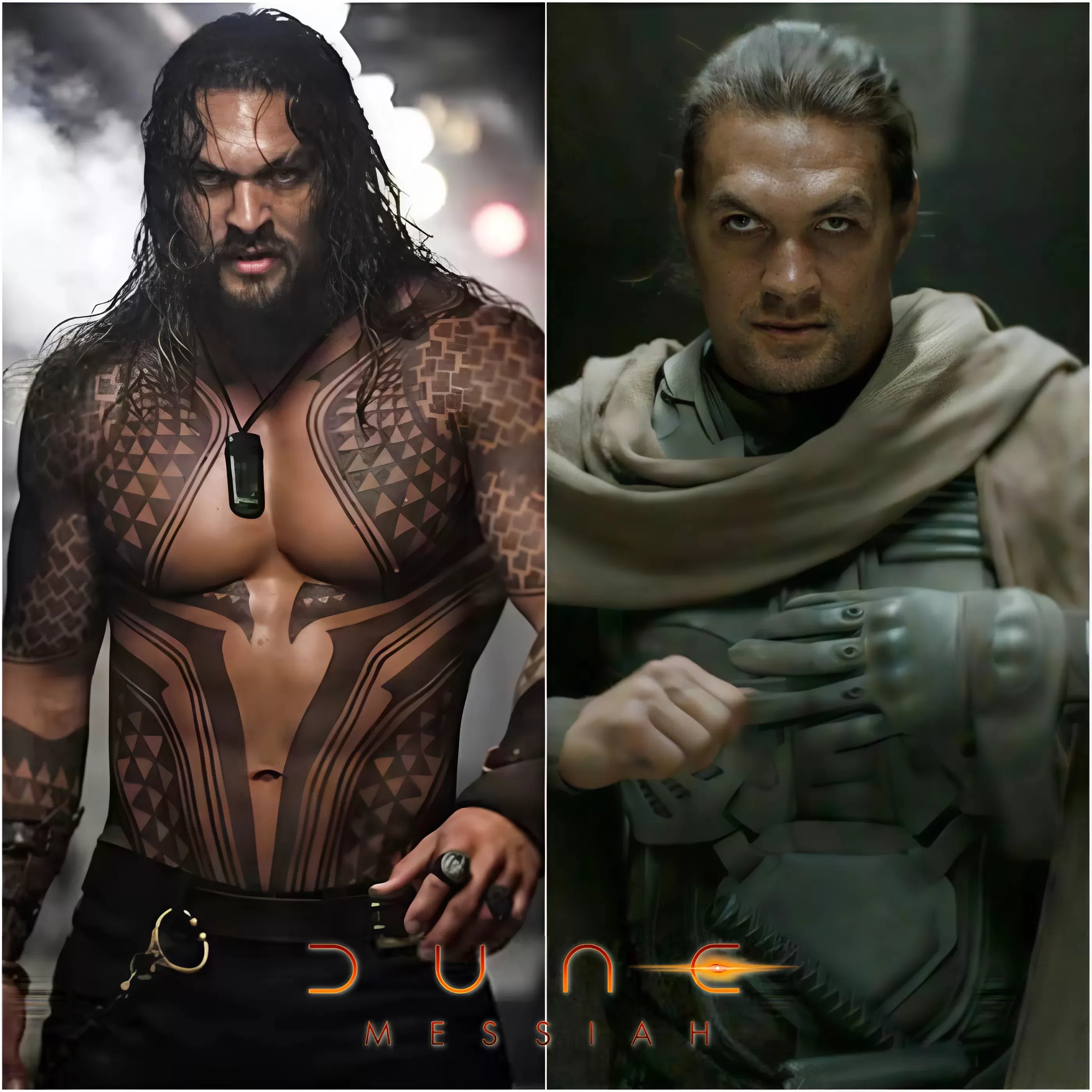
Momoa’s Duncan Idaho, the charismatic swordmaster of House Atreides, met a heroic end in 2021’s Dune, sacrificing himself to ensure the escape of Paul Atreides (Timothée Chalamet) and Lady Jessica (Rebecca Ferguson) from the deadly Sardaukar soldiers. His absence in Dune: Part Two left many casual viewers assuming his story had concluded. However, fans familiar with Herbert’s books know that Duncan’s death is far from the final word. In Dune Messiah, set 12 years after the events of the original novel, Idaho returns as a “ghola”—a clone created by the mysterious Bene Tleilax from the cells of the deceased. Named Hayt in the book, this resurrected Duncan is gifted to Paul, now Emperor of the Known Universe, as part of a complex conspiracy to undermine his rule. Momoa’s lighthearted comment about the books suggests that the film will indeed follow this arc, though Villeneuve’s penchant for creative adaptation leaves room for surprises.
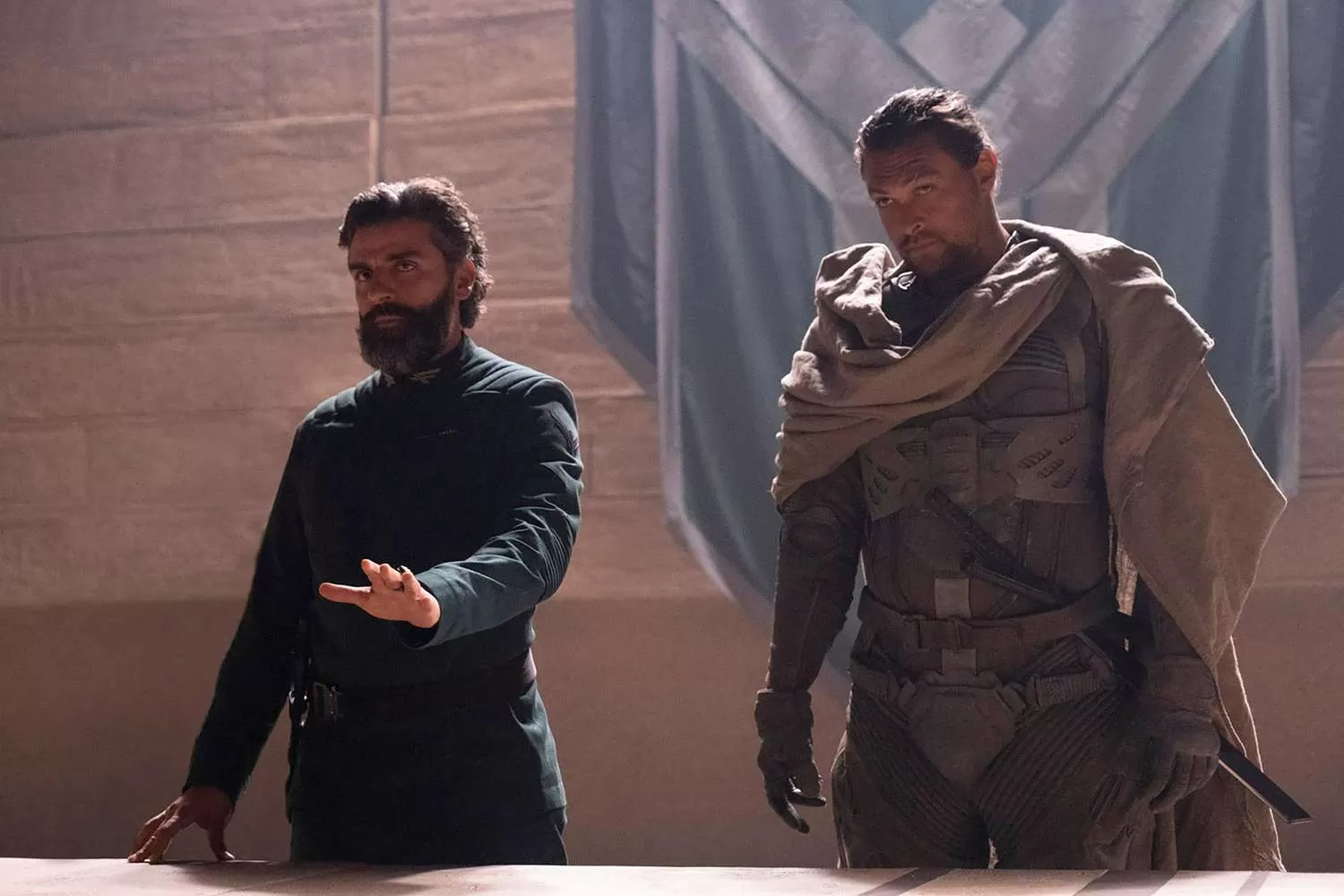
The confirmation of Momoa’s return has sparked widespread speculation about how Dune: Messiah will unfold on screen. The second film, released in 2024, concluded with Paul’s rise to power and the beginning of a galaxy-spanning jihad, setting the stage for the darker, more introspective tone of Messiah. In the novel, Paul grapples with the consequences of his messianic status, a religious fervor that has led to billions of deaths, while facing threats from within and without. Duncan’s reappearance as a ghola adds an emotional layer to the story, as Paul must confront a version of his mentor who lacks his original memories yet carries the potential to betray him. Momoa’s natural charisma and physicality made Duncan a standout in the first film, and his return promises to deepen the character’s legacy in unexpected ways.
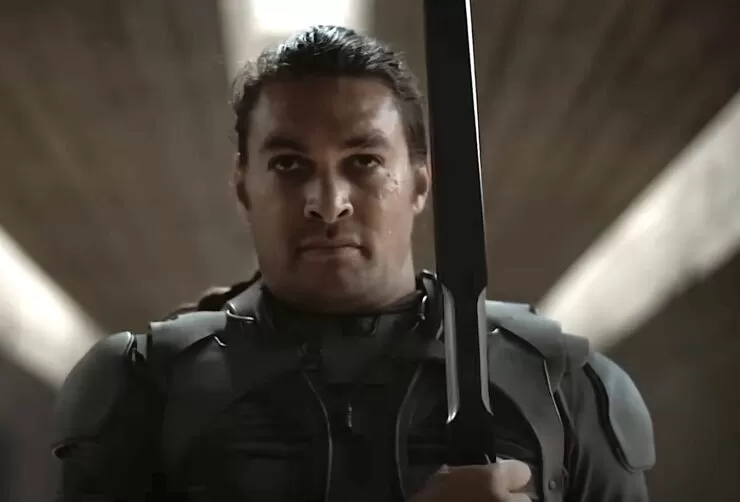
Joining Momoa in Dune: Messiah will be a robust returning cast, including Chalamet as Paul, Zendaya as Chani, Florence Pugh as Princess Irulan, Anya Taylor-Joy as Alia Atreides, Javier Bardem as Stilgar, and Rebecca Ferguson as Lady Jessica. The ensemble reflects the expanded scope of the story, which shifts from the survivalist struggles of the first two films to the political and philosophical challenges of imperial rule. Newcomer Sadie Sink, of Stranger Things fame, is also rumored to join the cast, though her role remains unconfirmed. Behind the scenes, Villeneuve will collaborate with cinematographer Linus Sandgren, replacing Greig Fraser, while Hans Zimmer is expected to return to score the film, ensuring continuity in its haunting, otherworldly soundscape.
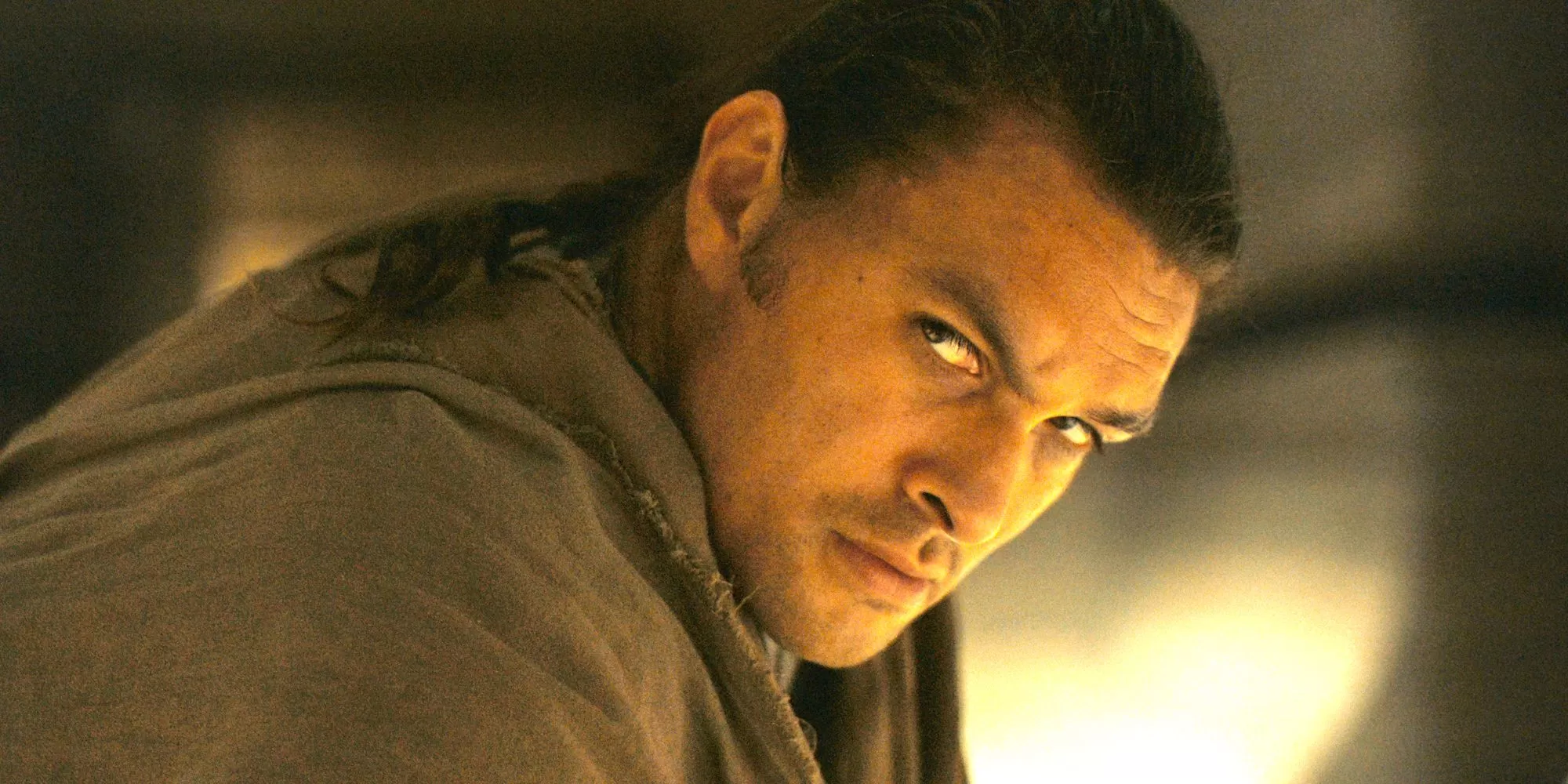
Momoa’s announcement comes at a busy time for the actor, who is also promoting A Minecraft Movie and preparing to play Lobo in the DC Universe. His enthusiasm for returning to Dune was palpable during the Today interview, where he jokingly feigned concern about spoiling the plot before shrugging it off with a laugh. “It’s in the books, man!” he exclaimed, turning to host Craig Melvin, who had prompted the revelation by referencing Duncan’s literary resurrection. The exchange underscored Momoa’s playful relationship with fans and his confidence that Dune: Messiah will deliver a spectacle worth the wait.
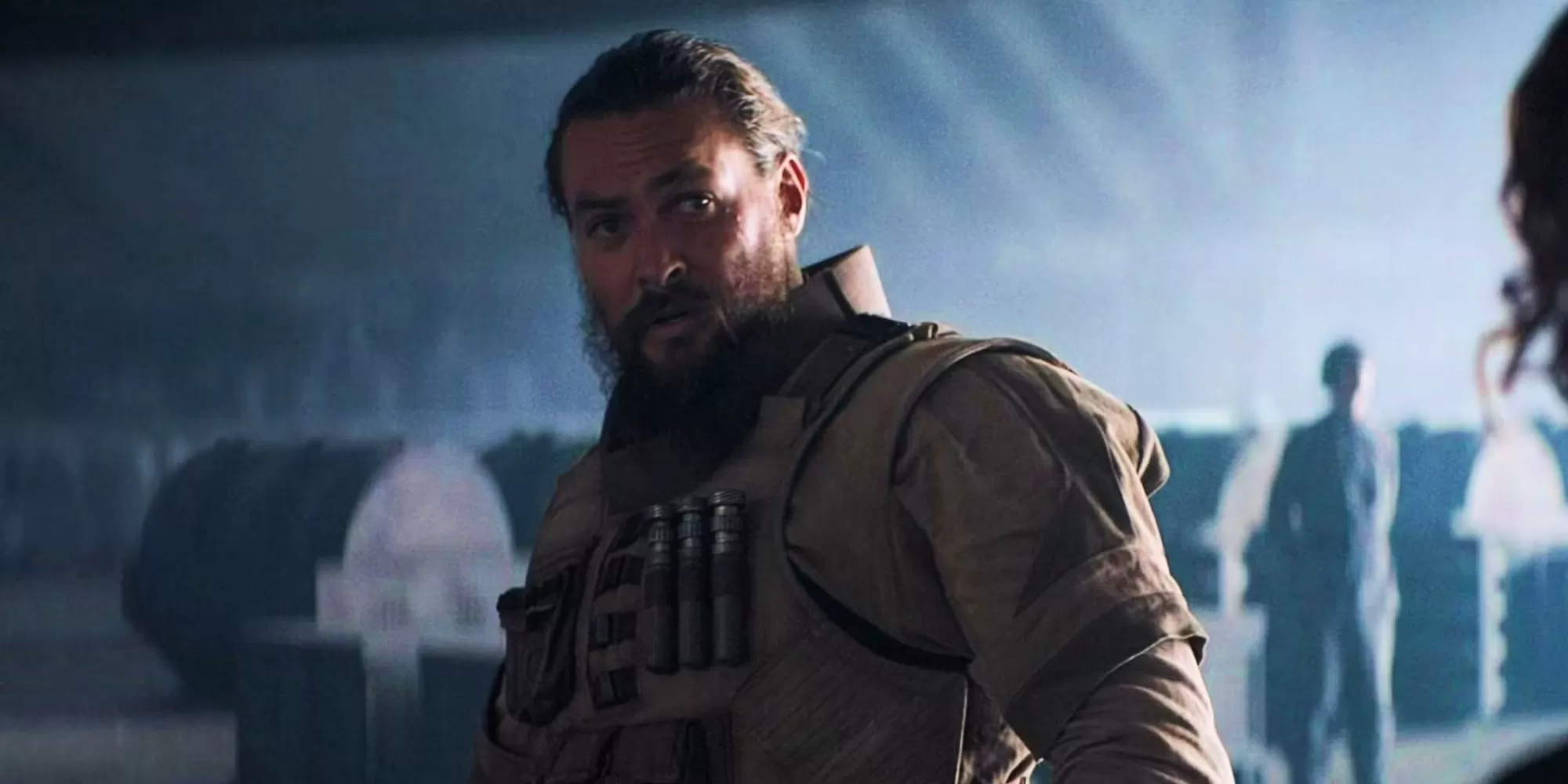
For those unfamiliar with Herbert’s work, Momoa’s return might seem like a shock, but it aligns perfectly with the Dune universe’s themes of legacy, identity, and rebirth. The ghola concept introduces a sci-fi twist that challenges the boundaries of life and death, a fitting evolution for a franchise that has already pushed cinematic boundaries with its scale and ambition. As Dune: Messiah approaches, Momoa’s cheeky warning—“It’s not my fault if you haven’t read the books”—serves as both a tease and an invitation to dive into Herbert’s world before the film lands in theaters. With Villeneuve’s track record and Momoa’s infectious energy, this next installment is shaping up to be a must-see event.
